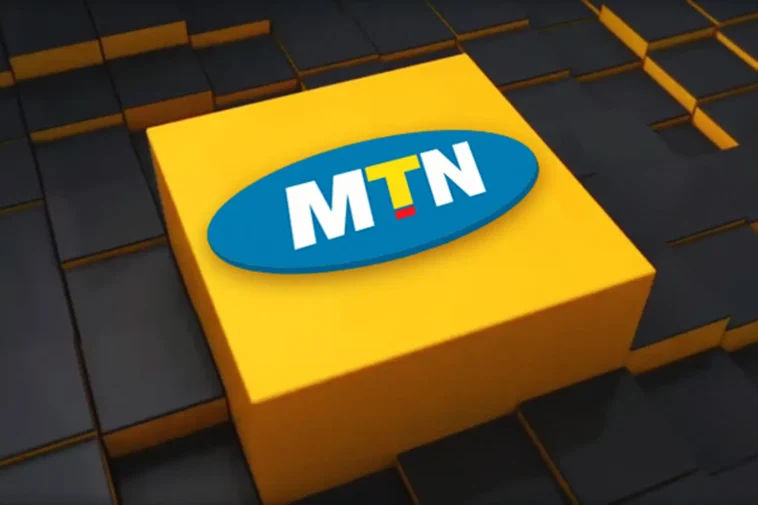MTN is preparing to acquire a banking license once the South African Reserve Bank (SARB) allows fintechs and other non-banking entities access to its national payments system, according to a report by Business Times.
Currently, South Africa’s second-largest mobile network operator provides limited transactional banking services through its MTN Mobile Money (MoMo) platform. MoMo enables payments and money transfers for individuals and businesses, using phone numbers as identifiers for digital wallets instead of traditional bank account numbers.
The platform primarily caters to small or informal businesses, such as spaza shops, and the low-income mass consumer market, which still heavily depends on cash transactions
MTN, like any other fintech entity wishing to provide these types of services without holding a banking license, is required to partner with a licensed bank as a sponsor. For its MoMo services, MTN collaborates with African Bank. Recently, TechCentral reported that the South African Reserve Bank (SARB) is exploring ways to allow non-banking entities, such as fintech companies, to gain direct access to the core clearing and settlement system.
Tim Masela, the head of SARB’s National Payments System department, emphasized that while banks remain the foundation of the financial system in terms of savings and accounts, non-bank entities are increasingly providing convenient transactional services. Masela stated, “We believe that we should move with the times and open up the system for the entry of non-banks.”
MTN South Africa’s Chief Fintech Officer, Kagiso Mothibi, informed Business Times that fintech companies will soon have the opportunity to engage directly with the banking system following the ongoing review of the payments system. Mothibi stated, “When that is rolled out, we’ll definitely be looking to pursue our own licence.”
The South African Reserve Bank (SARB) is currently working on frameworks to allow fintechs and other non-banking entities to gain direct access to the national payment system. MoMo, one of several fintech companies, has actively participated in the SARB’s working groups aimed at creating a regulatory framework to enable broader direct participation in core banking services.
The development of these frameworks is essential to strike a balance between fostering innovation and managing the risks tied to a more open and adaptable financial system. According to Mothibi, bypassing a traditional banking partner would enable MTN to gain significantly greater control over the future direction of its banking services.
MTN has set ambitious goals to position its MoMo service as a genuine low-cost alternative to traditional banking accounts. The service has grown to 11 million registered users, with approximately three million active users. This growth has been fueled by MTN introducing several key enhancements to MoMo over the past two years.
In September 2023, MTN launched a business wallet and international remittance services. By February 2024, the company announced a partnership with Mastercard, providing all MoMo wallet holders with virtual and physical cards that could be used for payments across numerous countries. This followed Mastercard, the world’s second-largest payments network provider, acquiring a minority stake in MTN Group Fintech, valued at up to $200 million (R3.8 billion at the time).
These upgrades have significantly bolstered MTN’s fintech service revenue, which saw a year-on-year increase of 59.1% during the first half of 2024. This growth momentum continued into the third quarter of 2024, with the segment’s revenue surging by 61.8% compared to the same period in 2023.
Similarly, Vodacom has been ramping up its focus on financial services through offerings like VodaPay and M-Pesa, Africa’s leading mobile money service. This shift towards financial services is part of a broader strategy to diversify telecom portfolios. While traditional cellular service revenue remains a core component of their business, growth in this area has slowed in recent years. The rapid expansion of mobile network infrastructure, declining data prices, and heightened competition have made cellular connectivity more accessible in South Africa, thereby limiting opportunities for significant revenue growth in the cellular segment.





